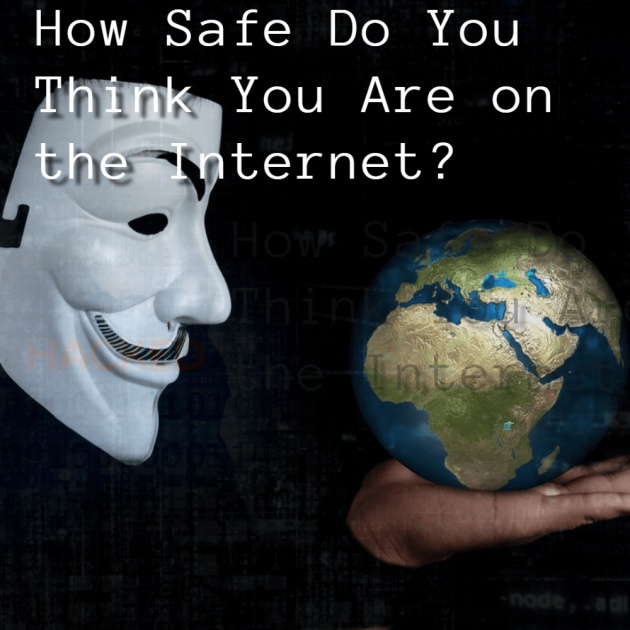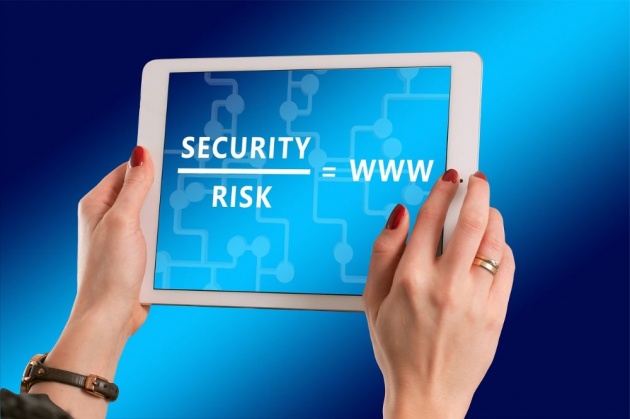How safe do you think you are on the Internet?
Image Credit: Edited using Pixteller by @artbytes via Bitlanders
Quick History of the Internet
The Internet -"the network of network" gained popularity when it became commercially available in the early 1990's. When Tim-Berners Lee launched the World Wide Web in August of 1991, the face of communication has never been the same again. Information has become readily available at our fingertips.
As the Internet technology continues to develop at a rather rapid pace, it has now reshaped not only how information is shared but communication, media, entertainment, and culture as well.
As more and more are getting connected online, people across the globe enjoy the great benefits that the Internet brings. However, all these benefits come with dangers that many people are not even aware of.
Article on Cyber Safety
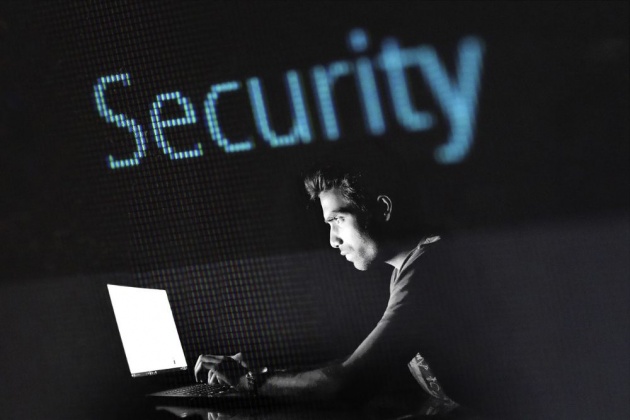
Image Credit: @methodshop via Pixabay
Hello, bitLanders and other Netizens. I have always been aware of some of the dangers that come with the Internet. When I was working on a company with over a hundred employees connected online, my very first concern then was how to secure our Network.
This is not my first article on cyber safety actually, I wrote some articles about computer virus and malware in the past in my long outdated and forgotten blog tekbytes.blogspot.com ( tekbytes.blogspot.com/search/label/anti-virus). With more and more threats coming out every now and then, I suppose I should share as much new information on online threats and cyber safety here or on my blog.
Benefits of The Internet

Image Credit: @Geralt via Pixabay
According to the Global Digital Report of We Are Social and HootSuite, there are now over 4 billion people across the globe are using the Internet. Three billion of these are social media users.
Aside from the frequent use of social media, these users are enjoying different benefits of the Internet. Here are some of them:
- Communication, connectivity, and sharing- These days, you can send an e-mail to someone on the other side of the globe, and that e-mail can be received within less than a minute. Family members who work abroad can now easily contact their homes via VoIP using services like Viber or Skype. They could even do a video call for relatively no additional cost. Sharing of photos and videos can be done almost instantly as well.
- Online Banking and Bills Payments. By just using a smartphone and your bank's application, or website, you can easily access your bank and do online transactions. From there you can even pay your utility bills online.
- Online shopping - With sites like Amazon, Lazada, Alibaba, e-bay, Zalora, and among others, you don't need to step out of your door to do your shopping.
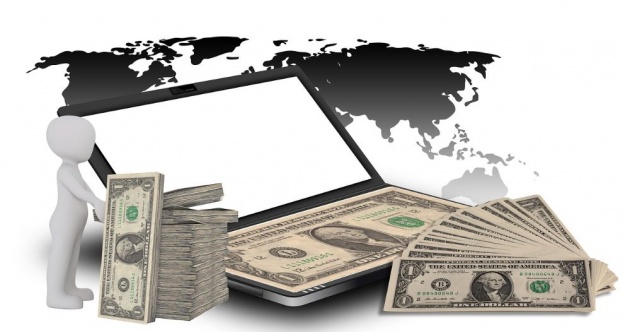
Image Credit: @Geralt via Pixabay
- Entertainment - Aside from YouTube, there's NetFlix, iTunes, Spotify and other services, where people can watch and listen to movies, TV series, and their favorite music legally.
- Cloud Storage and Cloud Applications - With the availability of Cloud services, more and more companies started to offer cloud storage services like Dropbox, Google Drive, iCloud.
Cloud Applications has also become available. Users no longer have to install an application to use them, instead, they can use the applications directly on their web browser. Some of these are Google Docs, Cava, Pixteller, Powtoon, Prezi and many more.
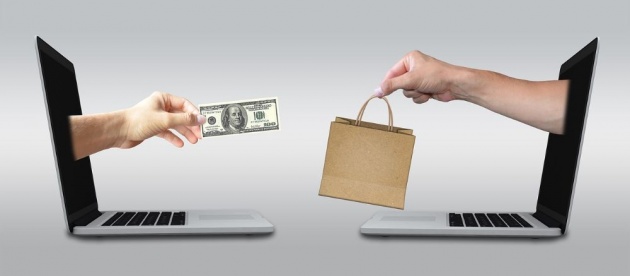
Image Credit: @Klahh via Pixabay
- Online Selling and Earning Money Online. A startup entrepreneur no longer has to put up a physical store to start selling. Some don't even have to create their own products or have an inventory. People nowadays can easily sell or buy-and-sell products using their social media accounts.
Writers can start earning from their blogs or joining a site like bitLanders. A hobbyist could also sell their photos online or post them on a photo-sharing site that pays their members per view of their photos.
Is my Internet Safe? (The Dark Side of the Internet)
The Dangers of Internet
Video Credit: The School of Life via Youtube
There are just a few of the benefits that people can avail from using the Internet. However, a coin always has two sides. Despite all these benefits coming from the Internet, there is the dark side of the Internet that some people are not even aware of?
What are the Internet Security Risks and Issues?
In this post, I will categorize different Internet Security Risks and Issues based on the age group of users and the common risks online.
Image Credit: @Geralt via Pixabay
Dangers of the Internet for professionals and retirees.
For working professionals and retirees are often targeted by cybercriminals, primarily for their money. Retirees are quite easier targets because most of them hardly understand the risks that come with the technology. Here are some of the common dangers of the Internet:
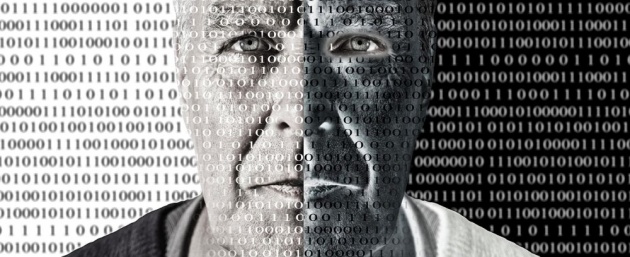
Image Credit: @Geralt via Pixabay
-
Phishing
Phishing is derived from the word 'fishing'. Like fishing, phishing is an attempt to obtain sensitive information like username and password for online banking, credit card information by leading an unsuspecting user to a fake website. The fake website is often a duplicate of a legitimate website but designed to gather username and password.
Phishing usually starts with a fake email that would appear to be coming from a legitimate bank and would ask you to verify your account. The link on that email might appear legitimate but would actually lead you to a phishing site.
https://en.m.wikipedia.org/wiki/Phishing
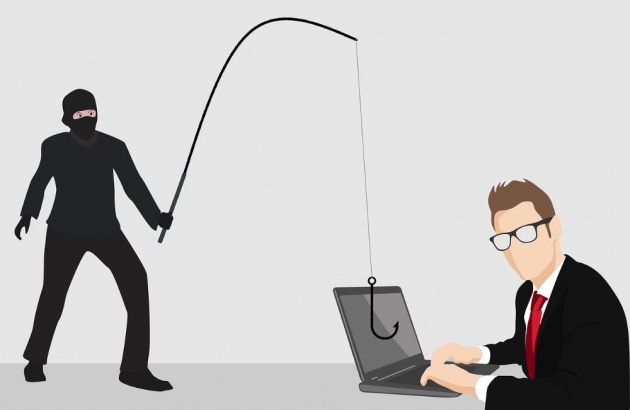
In phishing, the bait is the email and the fake website and you are the fish.
Image Credit: @tsumisu via Pixabay
-
Scams
Scammers and schemers will always do something to obtain easy money illegally. On the Internet, there are a number of ways that these fraudulent people try to steal money from the unsuspecting user.
- Investment Scams - Perhaps it would start with an email like the one below. They would offer high return low or NO-RISK investment. At first, you might get some returns even get the return they promised. But soon, when you start to 're-invest' with a higher amount, they vanish like a bubble in thin air.
Learn more about investment scams from here: https://www.investopedia.com/university/scams/. - Online Dating Scams - for those who are seeking for a partner online beware. Scammers may use a legitimate online dating site or even a social network. They will create fake profile designed to lure their would-be victims. They would do great lengths to gain your trust and shower you with words full of affection and emotion. Then, later on, they would say, they have a medical emergency and need financial assistance and ask you for some.
Learn more about Online Dating Scams from here: https://www.scamwatch.gov.au/types-of-scams/dating-romance. - Online Selling/Purchase Scams - Recently @artgirl posted screenshots of emails that came from a supposed to be an online buyer. The buyer claimed that he already deposited the amount and asks @artgirl to ship the item she was selling. @artgirl, even received an email from the buyer's 'bank' confirming the deposit and that the said amount has already been transferred.
However, that said amount never reached @artgirl's bank. Obviously, that email from that bank was a fake. One tell-tale sign was the grammatical errors on the email from the bank was similar to the buyer's errors.
These are just a few of the dangers on the Internet that are directed to professionals and retirees. There are other schemes and threats online.
Dangers of the Internet for teens and children
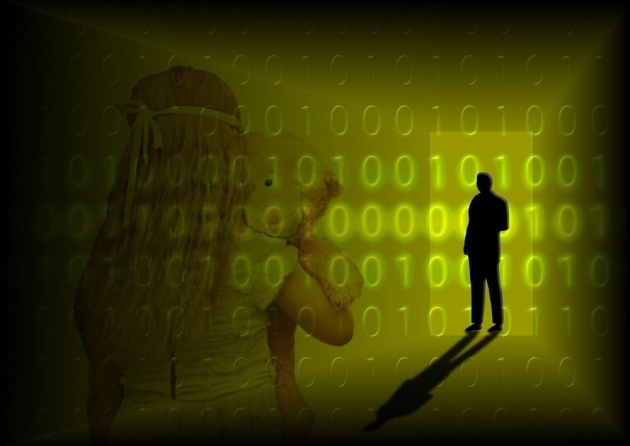
Children could be exposed to unnecessary dangers on the Internet
Image Credit: @Alexas_Fotos via Pixabay
Teens and children are just as exposed to the dangers mentioned above. However, there are threats on the Internet that could put teenagers and children at risks
- Cyberbullying - Cyberbullying could take place on social media and online games. A child could be easily mocked or ridiculed online through those platforms.
- Exposure to explicit contents - unless the device or the network itself has a filtering software or app, there is no real 'censorship' on the Internet. Even the social networks are littered with explicit contents from language to videos.
- Cyber predators - Cyber predators can stalk a child on the Internet and gain his/her trust, that may lead to a dangerous person-to-person meetup.
- Posting Private Information - Children may stumble or even be lead to a phishing site or scammed to post private information such as home address, parent's credit card information that could be used by the perpetrators to steal or do other undesirable deeds against the child and his/her family.
- Posting Photos and Videos That May Come Back and Haunt the Child in Later Life - It might be funny to post an embarrassing video or photos on the social media. However, once uploaded, it will be almost impossible to delete them in the future. Those videos and photos might somehow reach a future college administrator, spouse or employer
Other Common Dangers on the Internet
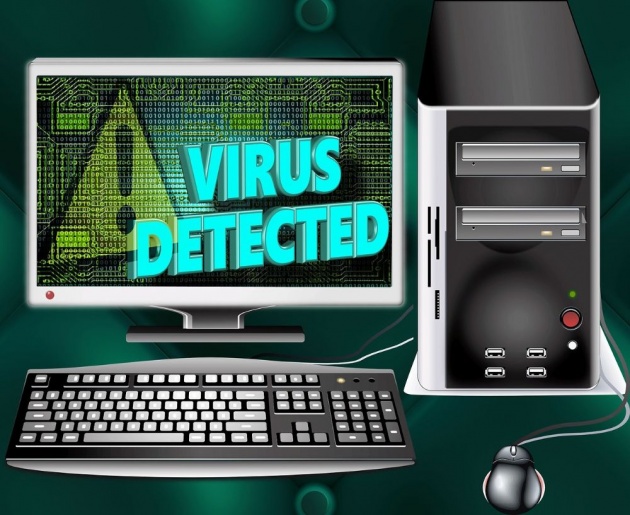
Image Credit: @Klahh via Pixabay
- Virus and Malware - Virus and other forms of malicious software (malware) may be accidentally downloaded from the Internet. They could come from a fake site created intentionally to spread a malware or a legitimate site but with a malicious code injected into the site's code. Or from a link sent through messenger or e-mail.
Video Credit: SciShow via YouTube
- Spam - spam emails could be emails from scammers, or forwarded chain-mails. Chain-mails are e-mails that contain a message that would scare you to forward it to your contact list if you don't want to be cursed. Or sometimes, they contain inspirational messages that would coerce you to forward them to your friends in order to receive a blessing the next day.
Every time these emails are forwarded, all the email addresses of the recipients are also forwarded. In one way or another, these emails will land on a scrupulous person's email. On that instant, he already has hundreds or even over a thousand email address he can send his phishing email to.
How Safe Do You Think You Are on The Internet?
You might say, "I am safe. I have an anti-virus on my computer and device." True having an anti-virus is your first line of defense against these dangers and threats on the Internet. However, is having one is enough?
How safe you are on the Internet depends on the actions you do on the Internet. If you frequently visit sites that untrusted, or always click the email and messenger attachments then you are putting yourself at higher risk.
There are always new forms of malware the pop-ups every day. Unfortunately, in order for an anti-virus to come up with a solution, a sample of a new malware must first exist.
Next: How to Protect Yourself From Internet Threats

